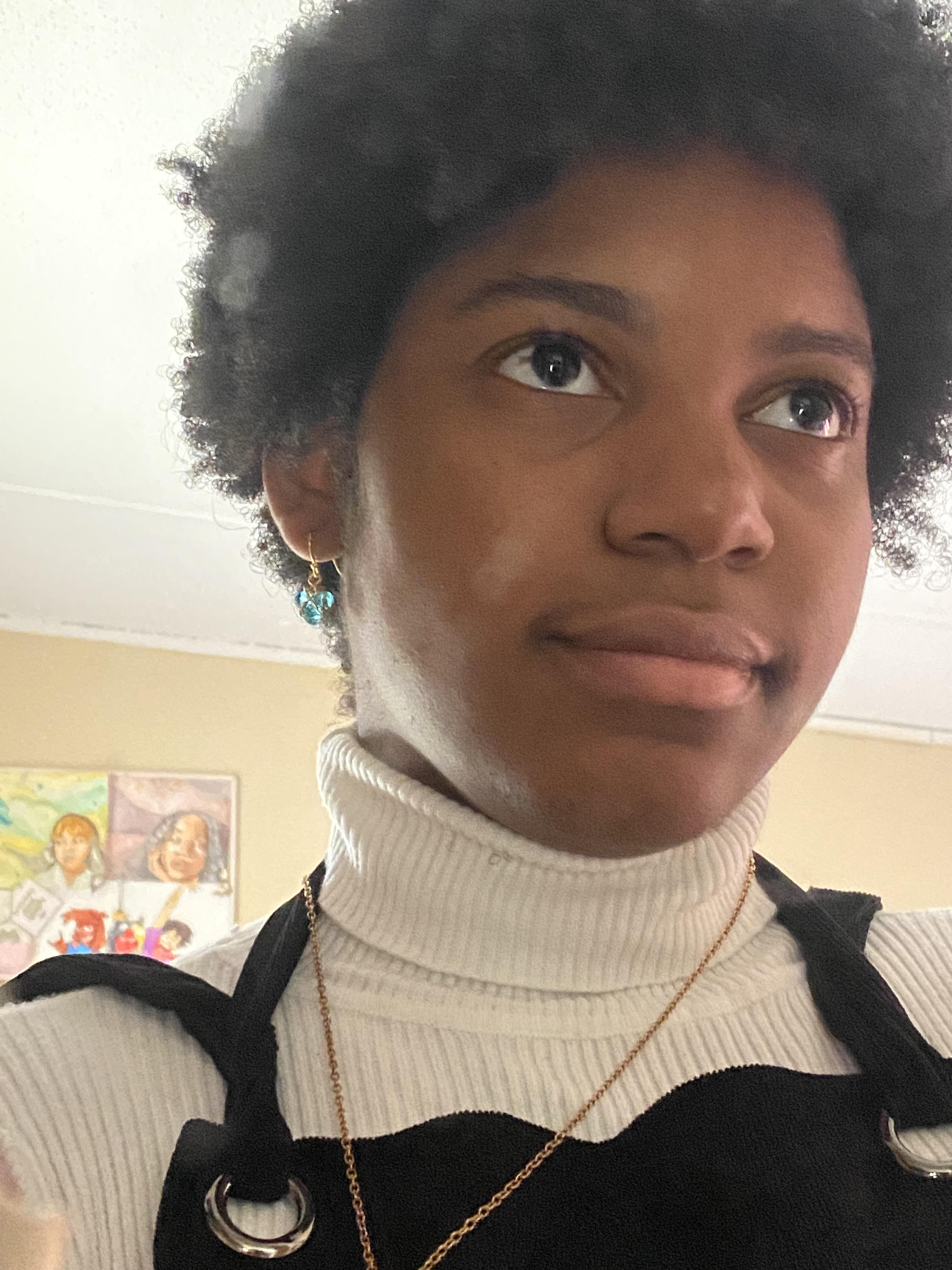Bringing Diverse Student Voices into PD though... Video Games?!
,
Colorado Convention Center, 111/13
Snapshots are a pairing of two 20 minute presentations followed by a 5 minute Q & A.
This is presentation 1 of 2, scroll down to see more details.
Other presentations in this group:
- Presentation 2: My Classroom Without Walls - Teaching ELA
Presenters
Session description
Purpose & objective
Education practitioners have held that learning is a socially situated practice that is deeply impacted by students’ cultural and linguistic backgrounds. Yet, despite evidence to suggest that students from diverse backgrounds benefit from opportunities to draw on multiple literacies and from content that is personally and culturally relevant, pedagogies that emphasize students’ linguistic “deficiencies” remain common. This presentation considers direct and indirect approaches to professional development, working from the position that professional development must privilege student voices, highlight students’ literate strengths and creative potentials, and reposition marginalized literacies as resources students can use effectively for a variety of academic audiences using Game Design.
This presentation contends that privileging student voices and sharing student video games in PD can reveal the importance of bringing creative literacies into STEM. Through case studies from PD workshops, this evidence-based presentation shares creative pedagogical practices that reach students from culturally and linguistically diverse backgrounds while meeting learning outcomes. The presentation will consider how to make students’ language and literacy experiences visible in STEM professional development workshops. Attendees will explore creative literacies in PD and leave with new ideas for implementing diverse and engaging PD activities that privilege student voices.
Outline
This presentation considers direct and indirect approaches to professional development, working from the position that professional development must privilege student voices, highlight students’ literate strengths and creative potentials, and reposition marginalized literacies as resources students can use effectively for a variety of academic audiences. The presentation will consider:
-How to make students’ language and literacy experiences visible teachers using video games
-What kinds of professional development workshops can engage faculty in thinking about engaging with students non-academic literate lives
-How to talk to faculty about broadening assessment of STEM to incorporate creative literacies and storytelling
Supporting research
Graham, P. (2007). Improving teacher effectiveness through structured collaboration: A case study of a professional learning community. RMLE Online, 31(1), 1-17.
Granic, I., Lobel, A., & Engels, R. (2014). The benefits of playing video games. American Psychologist, 69, 66-78.
Guskey, T. and Yoon, K.S. (2009). What Works in Professional Development?, Phi Delta Kappan, 9:7, 495-500.
Guzdial, M. (2015). Learning-Centered Design of Computing Education: Research on Computing for Everyone. San Rafael, CA: Morgan and Claypool.
Hammond, Z. L. (2015). Culturally responsive teaching and the brain. Corwin Press.
Session specifications
Laptop: Mac, PC, Chromebook
Change Agent
- Cultivate a supportive coaching culture that encourages educators and leaders to achieve a shared vision and individual goals.
- Collaborate with educators to develop authentic, active learning experiences that foster student agency, deepen content mastery and allow students to demonstrate their competency.
 Return
Return Listen and learn: Snapshot
Listen and learn: Snapshot  Trips and Tours
Trips and Tours Recorded Session
Recorded Session

